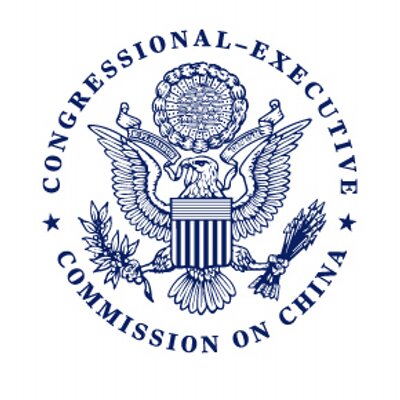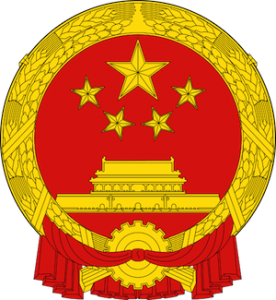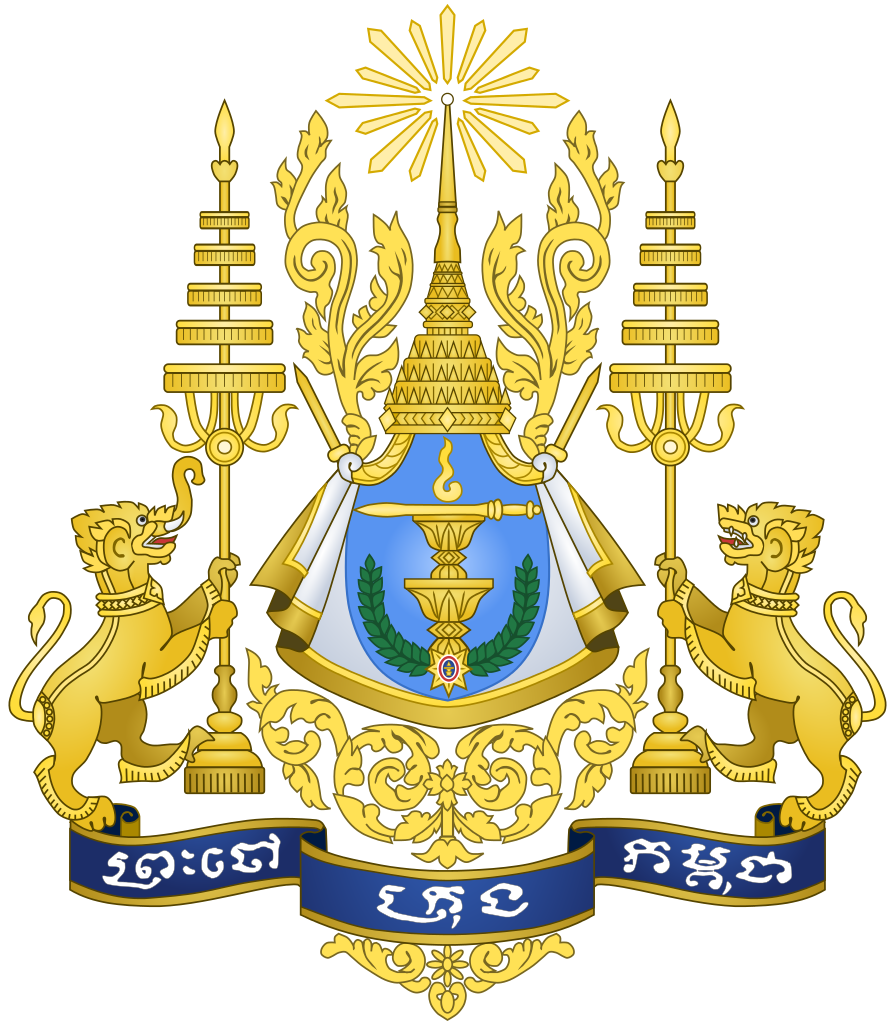Contributions
Displaying 71 - 80 of 96Government of Ethiopia
Unique among African countries, the ancient Ethiopian monarchy maintained its freedom from colonial rule with the exception of a short-lived Italian occupation from 1936-41. In 1974, a military junta, the Derg, deposed Emperor Haile SELASSIE (who had ruled since 1930) and established a socialist state. Torn by bloody coups, uprisings, wide-scale drought, and massive refugee problems, the regime was finally toppled in 1991 by a coalition of rebel forces, the Ethiopian People's Revolutionary Democratic Front.
People's Republic of China - Urban Housing Demolition and Relocation Management Regulations
Article 1
"These regulations are formulated in order to strengthen the management of urban housing demolition and relocation, safeguard the legal rights and interests of demolition and relocation parties, and preserve the smooth progress of construction projects."
Congressional-Executive Commission on China
"The Congressional-Executive Commission on China was created by Congress in October 2000 with the legislative mandate to monitor human rights and the development of the rule of law in China, and to submit an annual report to the President and the Congress. The Commission consists of nine Senators, nine Members of the House of Representatives, and five senior Administration officials appointed by the President."
People's Republic of China Regulation on the Expropriation of Buildings on State-owned Land and Compensation
Article 1
"This Regulation is formulated for purposes of regulating the expropriation of buildings on state-owned land and corresponding compensation, maintaining public interests and protecting the legitimate rights and interests of owners of the buildings to be expropriated."
Property Law of the People’s Republic of China
Article 1
"This Law is enacted in accordance with the Constitution for the purpose of upholding the basic economic system of the State, maintaining the order of the socialist market economy, defining the attribution of things, giving play to the usefulness of things and protecting the property right of obligees."
The Law of Land Administration of the People’s Republic of China
Article 1:
"This Law is enacted in accordance with the Constitution for the purpose of strengthening land administration, maintaining the socialist public ownership of land, protecting and developing land resources, making rational use of land, effectively protecting cultivated land and promoting sustainable development of the society and the economy."
Government of the People's Republic of China
For centuries China stood as a leading civilization, outpacing the rest of the world in the arts and sciences, but in the 19th and early 20th centuries, the country was beset by civil unrest, major famines, military defeats, and foreign occupation. After World War II, the communists under MAO Zedong established an autocratic socialist system that, while ensuring China's sovereignty, imposed strict controls over everyday life and cost the lives of tens of millions of people.
Cambodia - Law on Expropriation
"Article 1: This law aims to define an expropriation in the Kingdom of Cambodia by defining the principles, mechanisms, and procedures of expropriation, and defining fair and just compensation for any construction, rehabilitation, and public physical infrastructure expansion project for the public and national interests and development of Cambodia."
Ministry of Cities - Involuntary Resettlement Policy
This is Brazil's primary law on involuntary resettlement of displaced persons.
Government of the Kingdom of Cambodia
This is the overarching classification for any Cambodian government entity.






